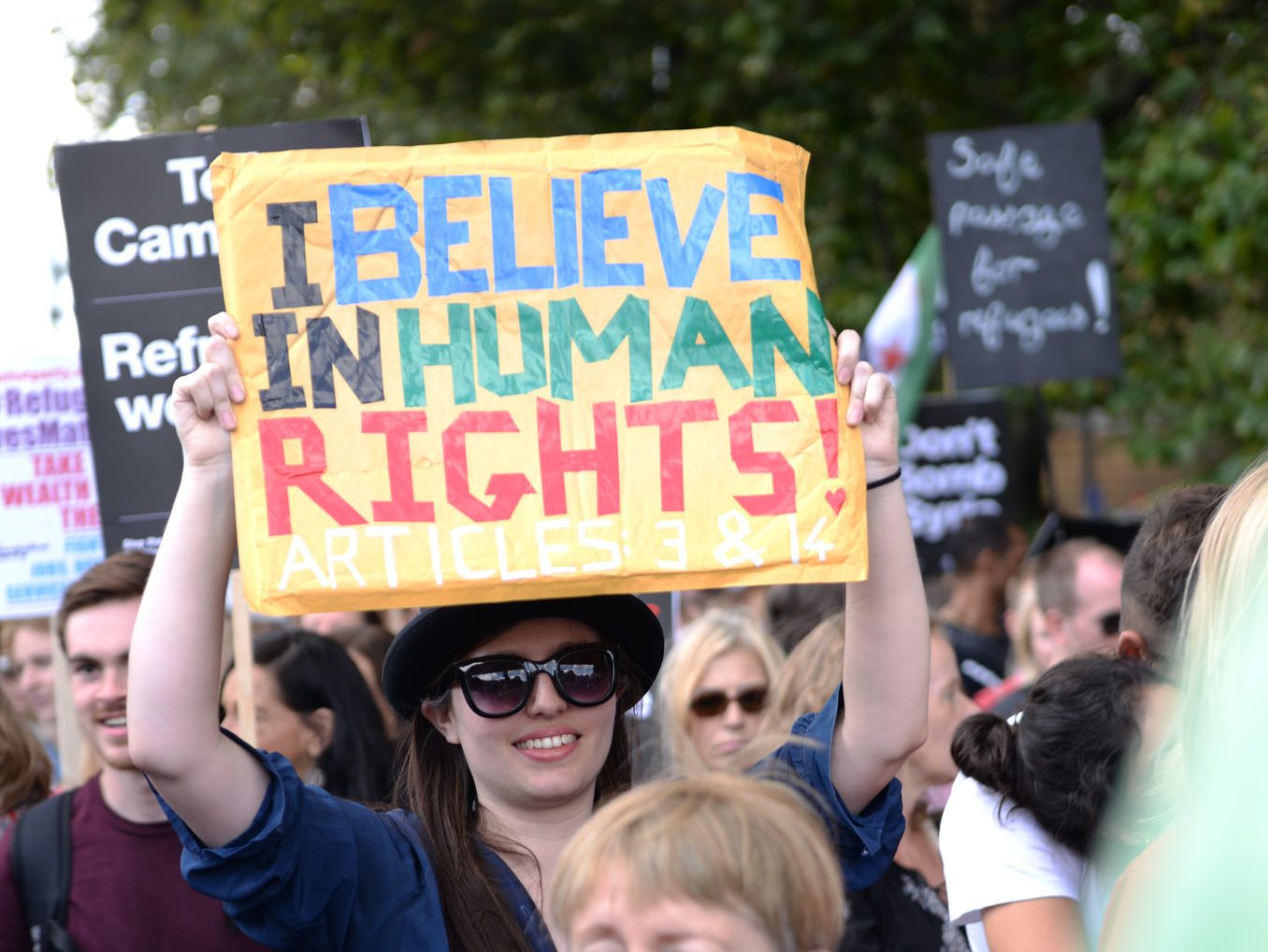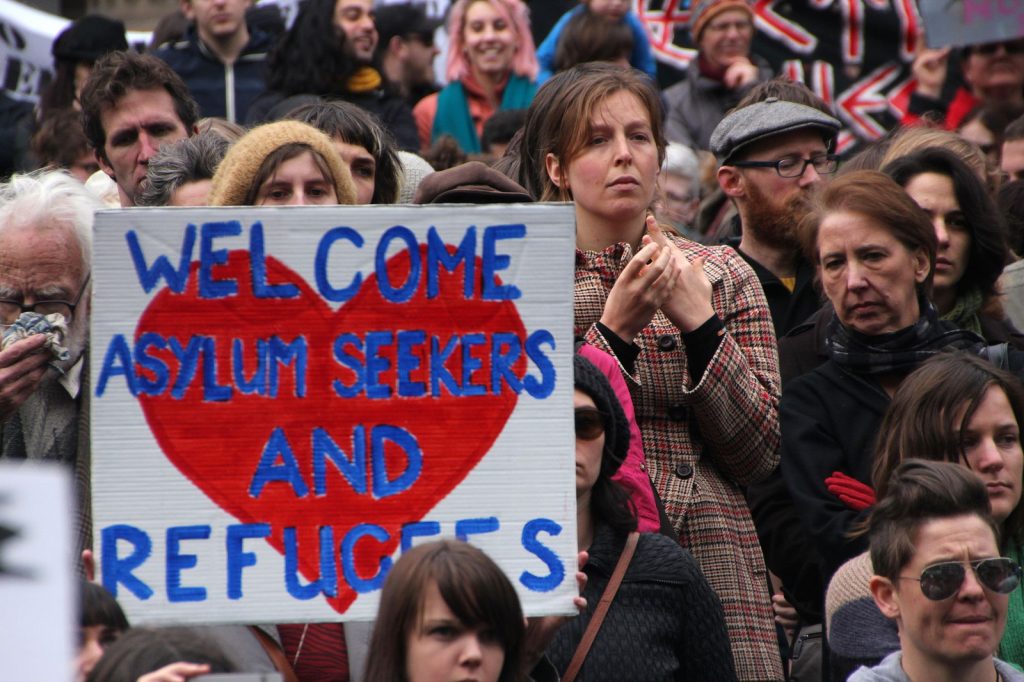As we roll over into 2019, many of us are wondering how the last 12 months will be remembered by historians. Perhaps it’ll be the Brexit squabbling, or the continuing fallout from the 2017 #MeToo campaign?
But that’s not to say important milestones haven’t been achieved for human rights. London Mayor Sadiq Khan announced a £13 million cash injection to increase safety in the capital, Scotland helped prevent period poverty by providing free sanitary products to students, and the government promised to end rough sleeping entirely in the country by 2027.
As we look forward to 2019, Brexit remains a high priority and continues to leave some of our fundamental rights in purgatory as a deal with the EU hangs in the balance. These are the eight key developments in human rights reforms we’re keen to see come into fruition in 2019.
Securing a Fair Brexit

Theresa May is trying to secure a deal. Image Credit: EU2017EE / Flickr
Without a government vote on whether to pass the proposed Brexit Withdrawal Agreement, we’re left speculating about what Brexit could mean for our human rights. However, workers’ rights will certainly be affected, including the rights of UK citizens living inside the EU and the rights of EU citizens living in the UK. Our rights to live, work and study in the EU will also be compromised.
Our rights to live, work, and study in the EU will also be compromised.
When Brexit happens, people living in the UK will no longer be protected by the EU Charter of Fundamental Rights, which could affect the right to asylum, rights to dignity and protection of personal data among other things. The areas where the charter provides rights not covered by the Human Rights Act are where our rights will be most at risk. For more information on the EU Charter and what Brexit will mean for human rights, check out this explainer.
Revising the Gender Recognition Act
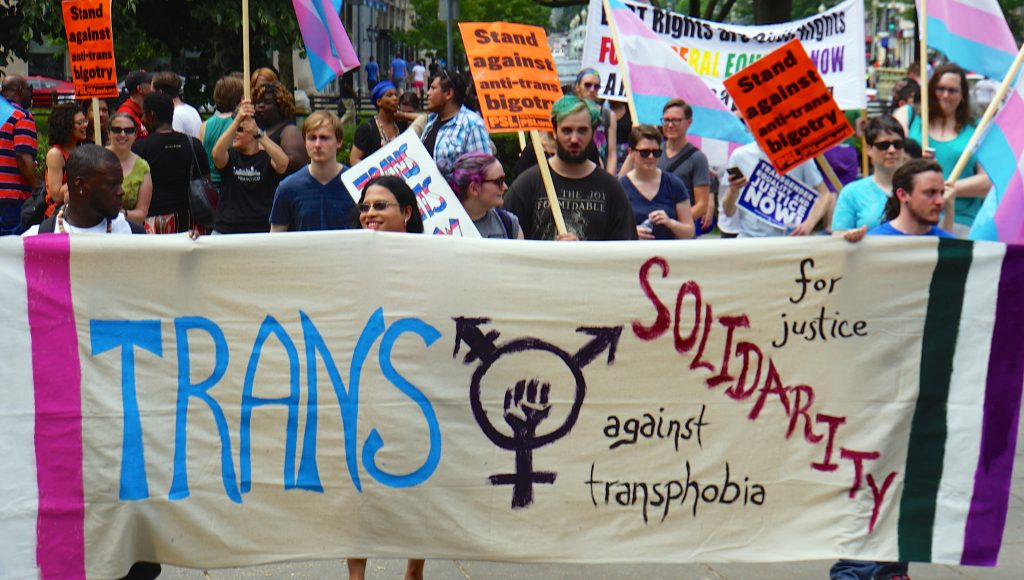
Image Credit: Flickr
The Gender Recognition Act was a landmark victory for trans people when it was developed in 2004, however, it is now desperately out of date and in need of reform. The Act currently requires trans people to go through a laborious process to ‘prove’ their gender identity, which can be upsetting and take a toll on mental health.
A recent government 16-week-long consultation on the Act closed in October. Thousands of non-binary and trans people were consulted during the process. They are pushing for 16 and 17-year-olds to be given the right to define their own gender, and for non-binary people to be recognised. The reformers also call for trans people not to require physical reassignment surgery in order to be legally recognised as the gender to which they identify.
Relaxing Work Rules for Asylum Seekers
Image credit: Flickr
At present, asylum seekers aren’t granted the right to work in the UK until twelve months have passed, and even then claimants can only apply for a list of jobs on the shortage occupation list.
However, that could be changing in 2019, as campaign group Lift The Ban revealed that allowing asylum seekers to work could inject the UK government with an additional £42.4 million per year. Tory MP Caroline Spelman has since been urging the government to take action and allow asylum seekers the right to work, following a chaired debate on the topic.
Further Regulation of Data Sharing on the Internet

Image credit: Wikimedia Commons
This year has been marked by a number of public sector gaffes regarding privacy and trust, particularly in relation to the internet. Facebook security flaws led to up to 50 million accounts being hacked, and the company was revealed to have considered profiteering from user data. It was the biggest story of the year in terms of data misuse, but also only the tip of the iceberg.
2018’s constant spilling of data left many wary of the giant internet platforms.
The gay dating app Grindr also came under fire when it was revealed that they shared confidential user data with external companies. We all have a right to a private and family life, and 2018’s constant spilling of data has left many consumers wary of the giant internet platforms, fearing further breaches of privacy.
Futurists are suggesting that online platforms will need to become trustworthy to gain loyal users. Professor James Hughes, Executive Director of the Institute for Ethics and Emerging Technologies at the University of Massachusetts, suggested to RightsInfo that an internet of the future should be democratised in order to protect users’ basic human rights.
Reform of the Mental Health Act

Image credit: Unsplash
A recent landmark review of the 1983 Mental Health Act was a disturbing read, describing “unacceptable burning injustices”, including “outdated” laws around sectioning and patient rights.
Some of the findings in the report include the revelation that black people were four times more likely to be detained under the Act than white people, and that patients have been “abused and ignored”. There are calls for further funding, as well as an entire rehaul of the Act. Many also point to the need to erase subconscious bias in terms of race and health.
The government has responded to the criticisms, promising a reformed bill in 2019. It has said it will enact two of the recommendations made by the review, with other developments pending.
Right to Protest Being Protected, Rather than Attacked
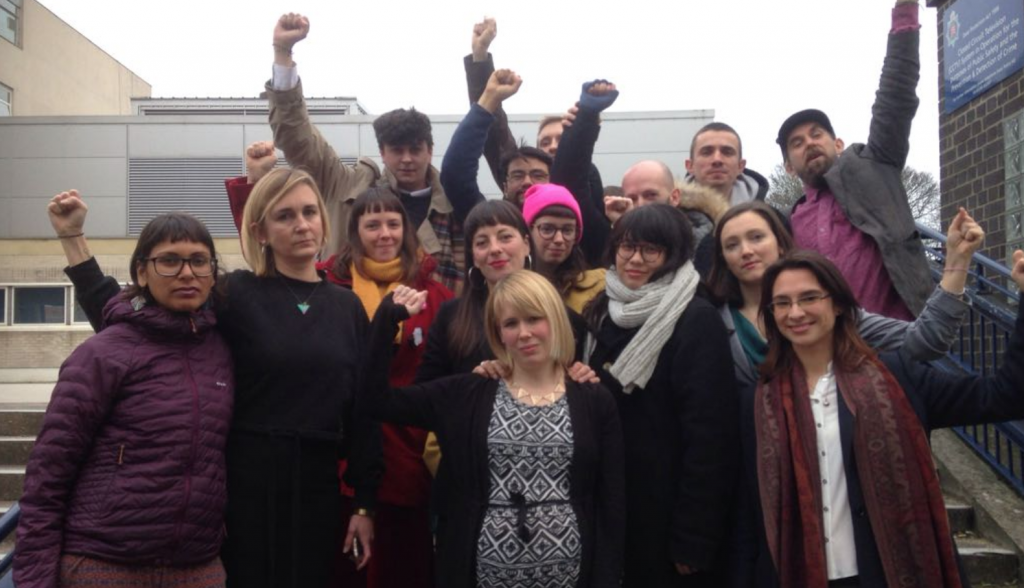
Image credit: Twitter
For many, this year felt like a step back in terms of exercising the right to protest. The Stansted 15 were prosecuted for successfully halting the removal of 60 people on a flight to Ghana and Nigeria. The individuals on the flight had a high chance of facing persecution in their home countries.
Despite it being a peaceful protest, protesters were charged with ‘endangering the safety of an airport’ and convicted under terrorism laws. In this article, Co-Leader of the Green Party of England and Wales Jonathan Bartley, argues that “history will remember them as heroes” rather than criminals.
By removing the 15 peaceful protesters, the government was arguably in violation of international law, where the principle of non-refoulement is clearly established. Critics argue that, by intervening and stopping the flight, the 15 activists were providing the protection from persecution which should have come from the government.
Offering the Public the Right to Die
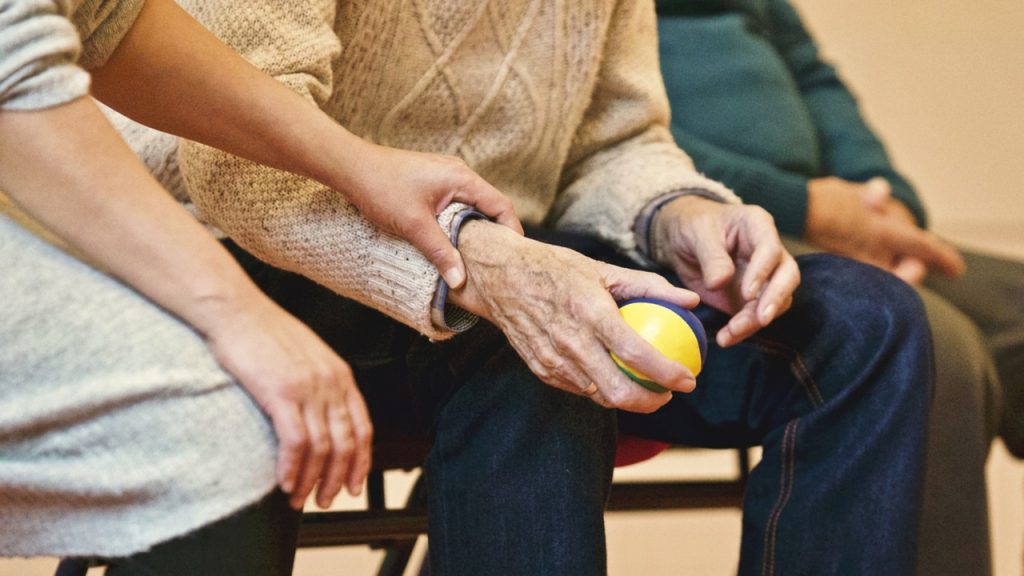
Image credit: Pixabay
In the UK, it is illegal to control the timing and circumstances around your own death. However, UK citizens often travel to Switzerland where assisted suicide is legal. Recently, the conversation around the topic has been growing, with calls for assisted suicide to be made legal in the UK.
The law currently states that assisted suicide is murder, but bodies like Dignity in Dying are campaigning to allow people in pain, or with chronic conditions, to end their life on their own terms.
Legalising Gay Marriage in Northern Ireland

Image credit: Unsplash
Northern Ireland is the only jurisdiction in the UK which still does not recognise equal marriage or legal abortion in most circumstances. This year, the Conservative government halted progress on a settlement over equal marriage rights. Prime Minister Theresa May argued that change must wait until devolution is restored, as Northern Ireland is technically without a government due to an ongoing impasse between Sinn Féin and the Democratic Unionist Party.
Northern Ireland has some of the most restrictive abortion rights in the world, with abortions only being permitted when a woman’s life is in danger or to prevent permanent mental or physical harm. Northern Irish women can access free abortion on the NHS in England, though the trip remains difficult for many.
However, from 2019, Northern Irish women will also have access to abortion clinics in the Republic of Ireland – although they will still be charged. Pro-choice activists have applauded the move as a step forward for the rights of women and girls.
Universal Credit Reform
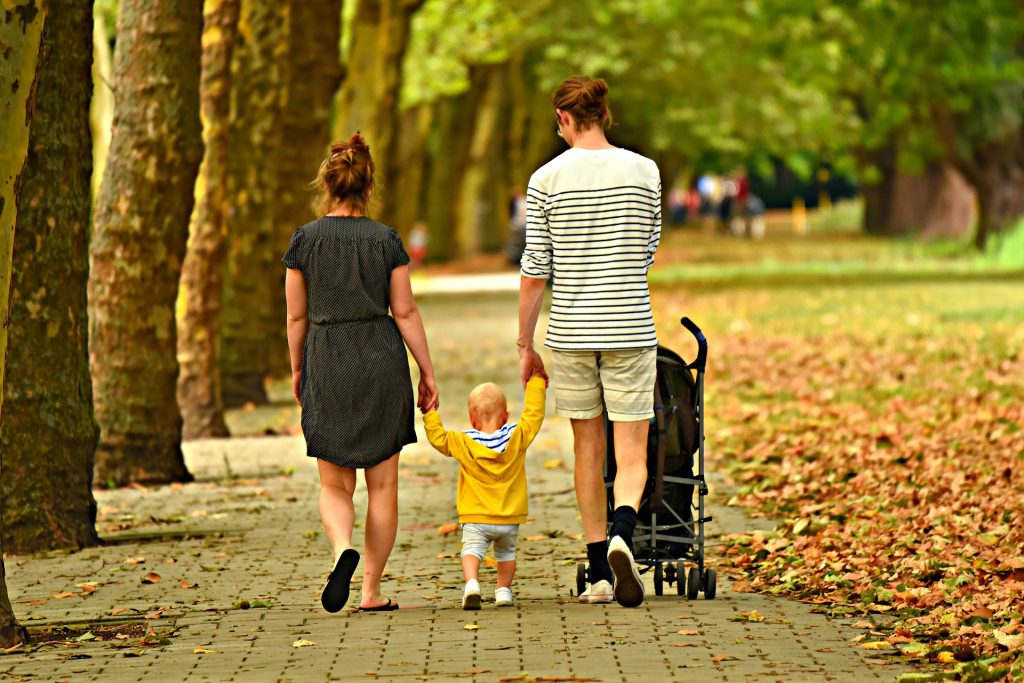
Image credit: Pixabay
Earlier this year, Work and Pensions Secretary Amber Rudd marked her return to frontline politics by admitting that the UK’s Universal Credit system has significant “problems”. Universal Credit is a social security benefit, developed as part of a programme of welfare reform by the Conservative government.
The streamlining tool was supposed to save £18 billion of government money, but critics, including Rudd, acknowledge that the system is clunky and potentially discriminatory. Official bodies have also expressed concern that Universal Credit is unnecessarily complicated.
The Department for Work and Pensions have announced that there will be “several improvements” to Universal Credit. These include “plans to reinstate housing benefit for vulnerable 18-21 year olds, making direct payments to landlords, offering 100 per cent advances and providing an additional two weeks of housing benefit for claimants.” However, for many observers, more change is needed.

